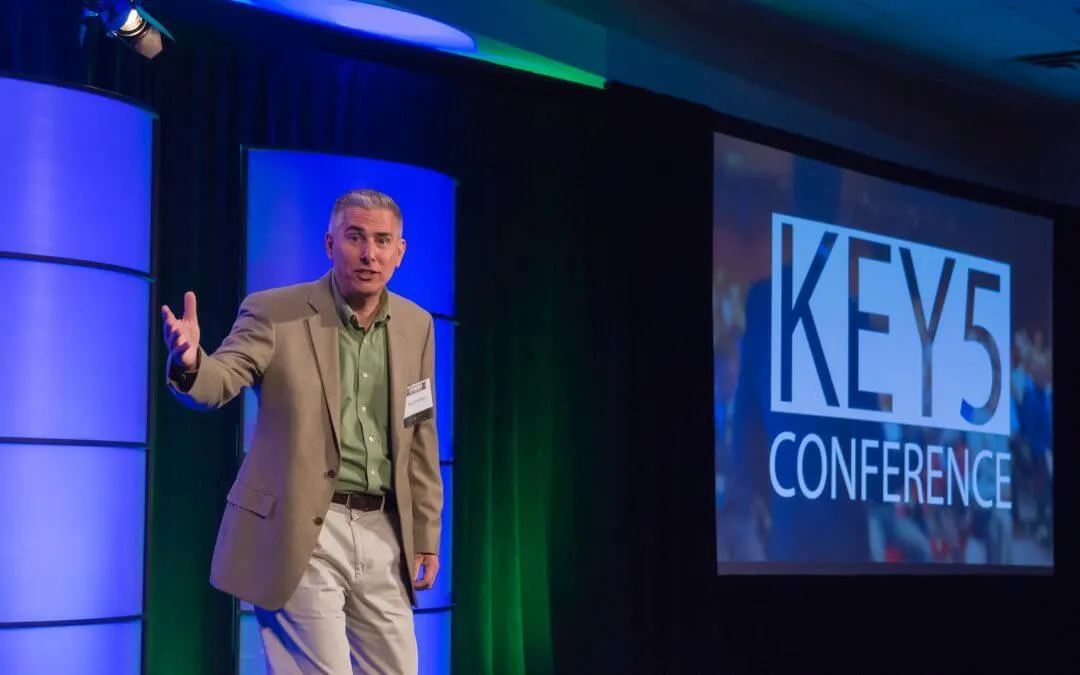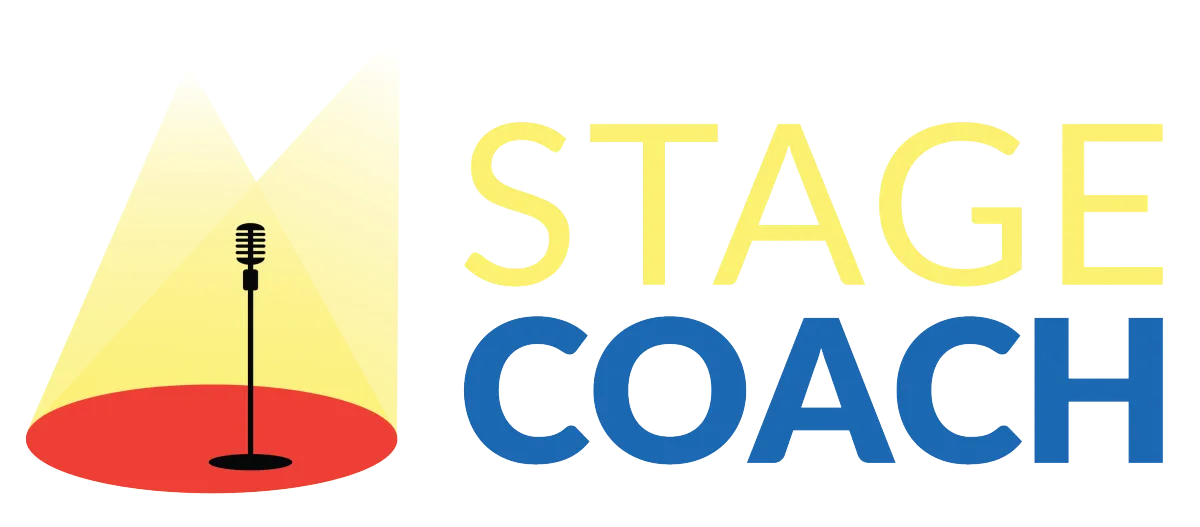Welcome to Speaker Tips
Practical Communication Help from Alan Hoffler – Keynote Speaker, Author, Teacher, and Public Speaking Coach
Whether you're giving a keynote, leading a meeting, or presenting online, strong communication skills are essential. Here, you'll find expert insights on storytelling, presentation techniques, audience engagement, and more—everything you need to speak with impact.


Stage Presence
(Originally Published September 2021)
About the time you are reading this, I’ll be involved in a new project that includes being the emcee/host for a series of live seminars. This involves weaving video, introductions, live panelists, a little content, and audience participation into a cohesive hour on stage. I’m also involved in coaching several clients who will be on stage in similar capacities. This is very different from a “speech” or a “talk” or a “class”. Sure, some of the skills translate well. The mechanics of speaking don’t change. Those that have been trained (workshop anyone?) will find themselves well-prepared for the brass tacks of communicating clearly and holding an audience’s attention. But a stage host/emcee/panelist has some nuances that are worth investigating.
First, connection with the audience is crucial. Connection, one of the Big Three (Aristotle called it Pathos – the emotion between speaker and audience), is what makes an audience want to listen to you. If there is no connection, your facts, agenda, and questions will quickly fall on deaf ears. There has to be a realization in the mind of your audience members that what you are talking about applies to them. That’s connection. Don’t wait until minute three to start; the very first words should be designed to connect (hint: don’t open with “How’s everybody doing today?”!)
One of the best ways to connect is through stories. Stories have a setting, a conflict, and a resolution. While you can’t expect the audience to share your setting (they aren’t you, after all), the conflict should be extendable to anyone. You might discuss a problem you’ve faced or an accomplishment you’ve attained. The story isn’t really about YOUR problem or YOUR accomplishment, though. Find the principle and extract it for the audience. At our event kickoff in September, I’ll be talking about the culture change in my hometown. That’s something anyone can relate to, regardless of where they live. Their town culture is sure to be different, but I want them to connect on how things change, not the details of the town itself.
Perhaps the most connective of all methods is the callback. That’s where you refer to something or someone that has happened in the event. If someone asks a question or identifies that they’re from Pittsburgh, you can work those details in to your flow. It’s not easy. You have to remember the details, find a place to work them in, and get it right. Not everyone has enough mental capacity on stage to do that. But with practice, you can make that part of your schtick. Everyone likes to see that their comments struck home and are being reused.

Next, model the behavior you wish your audience to have, and that they want you to have. If you’re showing a video, watch the video. If someone else is talking, listen to them. It’s extremely unprofessional and gives the audience permission to tune out when you have a side conversation or check your phone during a down moment. This is true for panelists as well. Sit still and act like a respectful audience member. Also work on those skills that project confidence – we call them control skills. Your audience wants you to be in control, even if you don’t feel that way. Your posture, eye contact, and pauses will give this impression. It takes training and practice, but it’s amazing how composed you can look when you are a mess inside. Don’t forget to smile.
Finally, some pet peeves and practical tips. Stop the incessant lists and thank yous. This should be about the audience, not the program creators. Send thank you notes instead of wasting hundreds of people’s time acknowledging how everyone had a part. Speaker notes are, in my mind, always acceptable. Just don’t ever read them verbatim. I don’t usually like to carry notes around, but if there’s a lectern or table, you can leave them there and consult them any time. One nice thing about emceeing is there are times to check your notes when you turn the mic over to someone else.
Like most speaking engagements, practice is key. Not rehearsal, practice. Know your open and your close cold. In between is a little more impromptu than most of us are used to or perhaps even comfortable with, but remember that your audience does not know what you’re going to say or do, so project confidence with your skillset and concentrate on the next sentence. Oh, and don’t ever apologize or draw attention to mistakes. Just move on.
When it’s your turn to lead the stage show, be the leader your audience wants you to be. That involves a smooth, purposeful, and connective flow from a person that seems to know what they’re doing.
Communication matters, what are you saying?
Anyone can become a GREAT communicator! People who want to be great at something study and practice to get better. They also find coaches and mentors who can take them from where they are to where they want to be.
We created Online Stage Coach to help your journey to becoming a more excellent communicator. View our latest list of online courses by following this link: https://onlinestagecoach.com/home#section-ipXH4QgYUu
For those who want accelerated guidance, remember our workshops and coaching services through MillsWyck Communications, the parent company of Online Stage Coach, give you specific training tailored to you. Check out these services at https://www.millswyck.com/.

